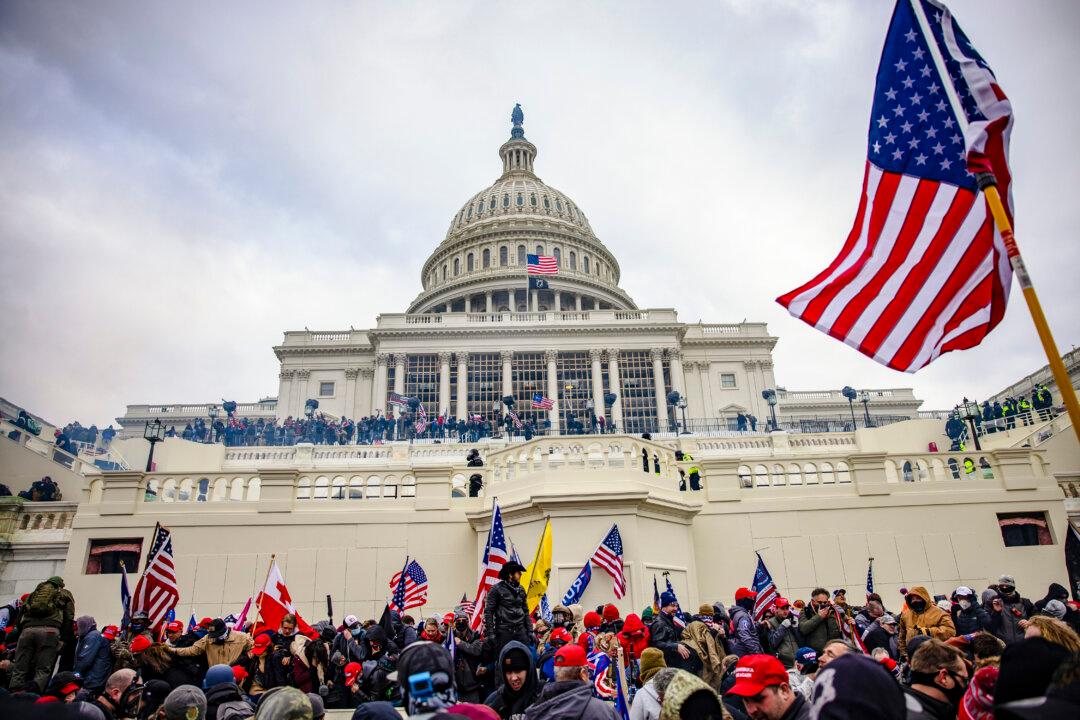The Supreme Court decided on July 2 to send the cases of two Jan. 6 defendants back to lower courts after ruling this past week that the federal government was wrong to use an accounting law to charge Jan. 6 defendant Joseph Fischer with obstructing an official proceeding.
The follow-up decisions were made after the nation’s highest court ruled in Fischer v. United States on June 28 that a provision in the Sarbanes-Oxley Act, 18 U.S. Code Section 1512, which focuses on ensuring that documentation is made available for official proceedings, did not apply to the case.





